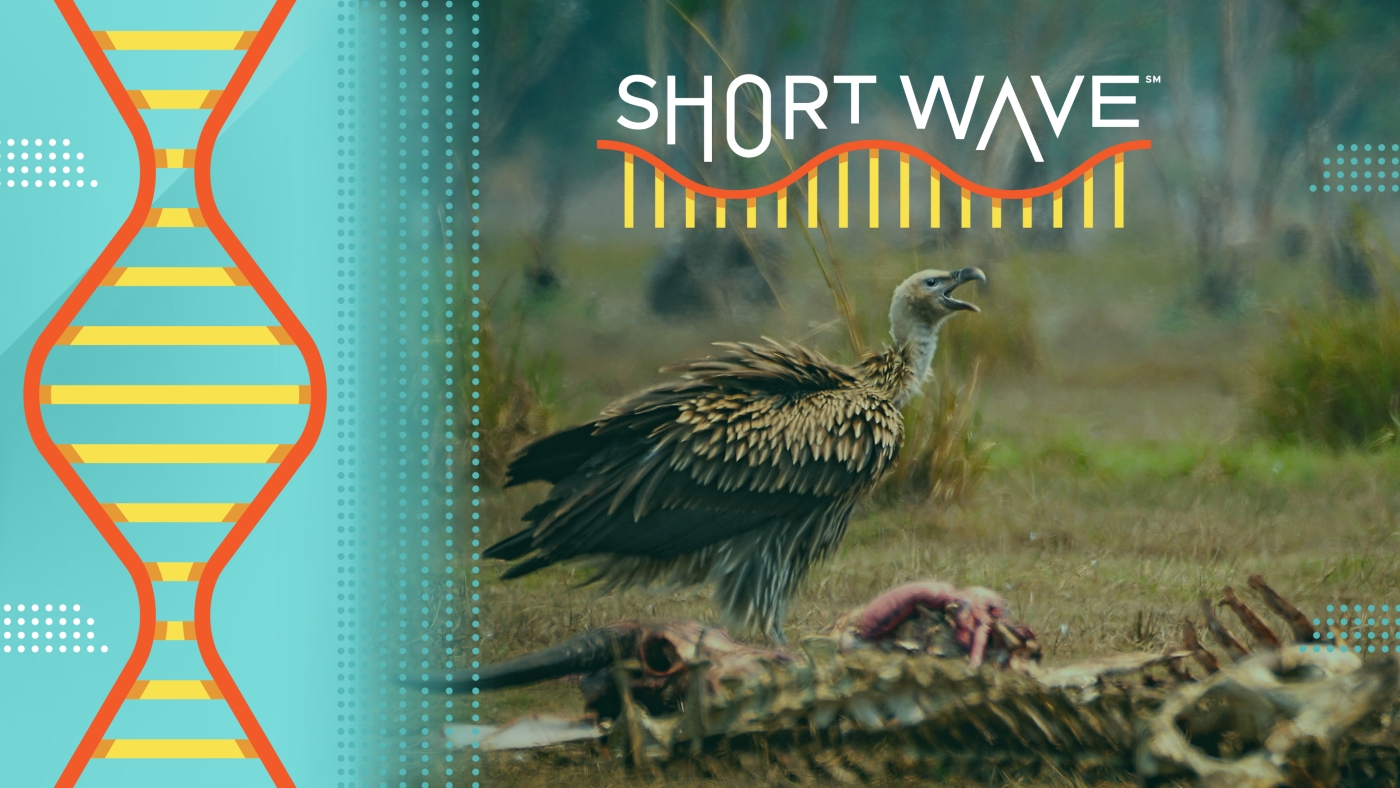Hundreds of scavenging animal species worldwide are declining or threatened with extinction.
Natnan Srisuwan/Getty Images
hide caption
toggle caption
Natnan Srisuwan/Getty Images
Worldwide, populations of scavenging animals that feed on rotting carcasses are declining. Scientists are finding that this can seriously hurt human health. NPR science reporter Jonathan Lambert has been looking into how human health is intertwined with scavenging animals and why these animals’ decline could lead to more human disease. Today, he brings all he learned, including how conservation could help, to your earholes.
Check out more of Jon’s reporting on scavengers and human health.
Interested in more science behind skincare products? Email us your question at shortwave@npr.org.
Listen to every episode of Short Wave sponsor-free and support our work at NPR by signing up for Short Wave+ at plus.npr.org/shortwave.
Listen to Short Wave on Spotify and Apple Podcasts.
This episode was produced by Berly McCoy, edited by Rebecca Ramirez and fact checked by Tyler Jones. Jimmy Keeley was the audio engineer.

